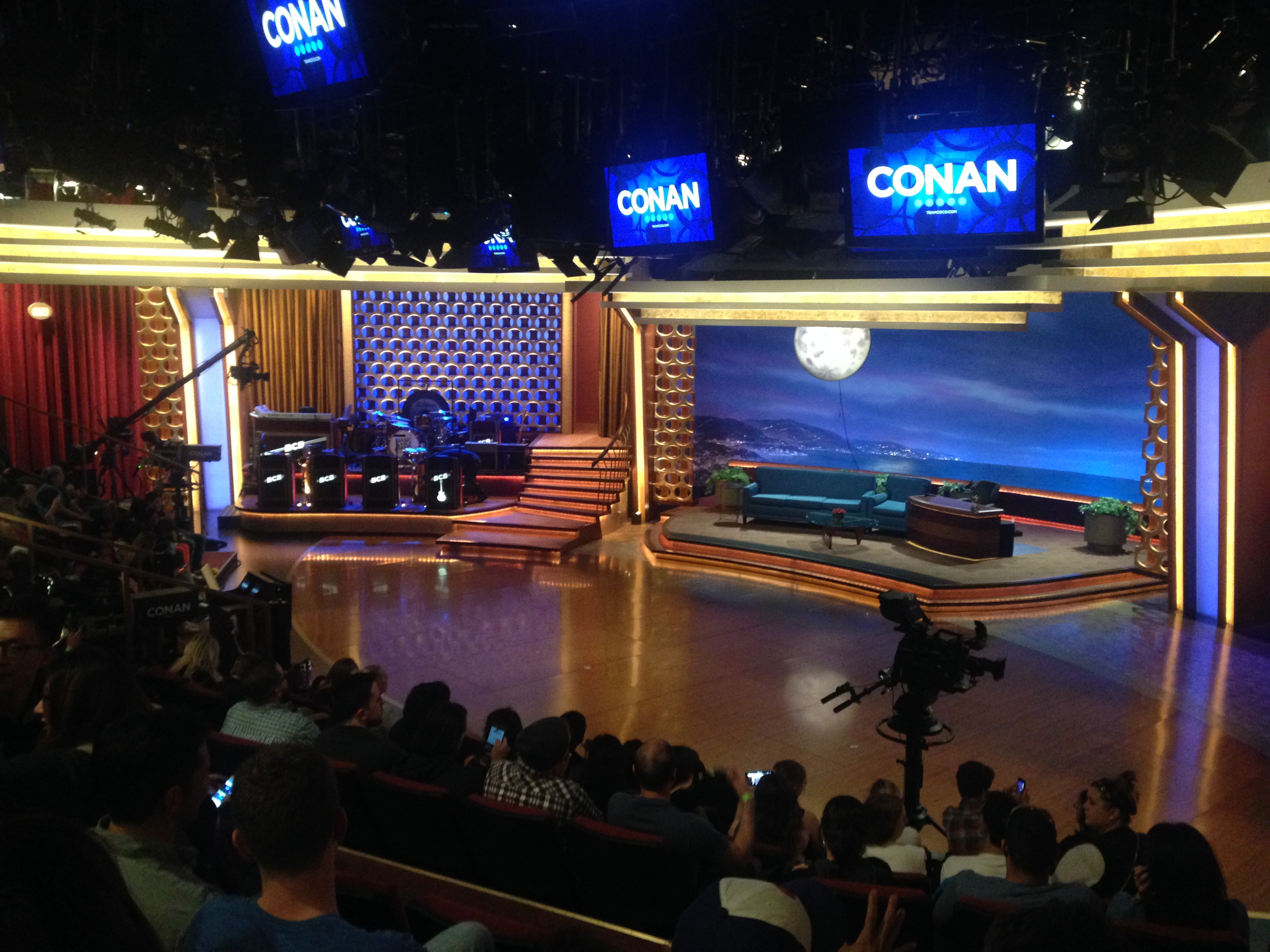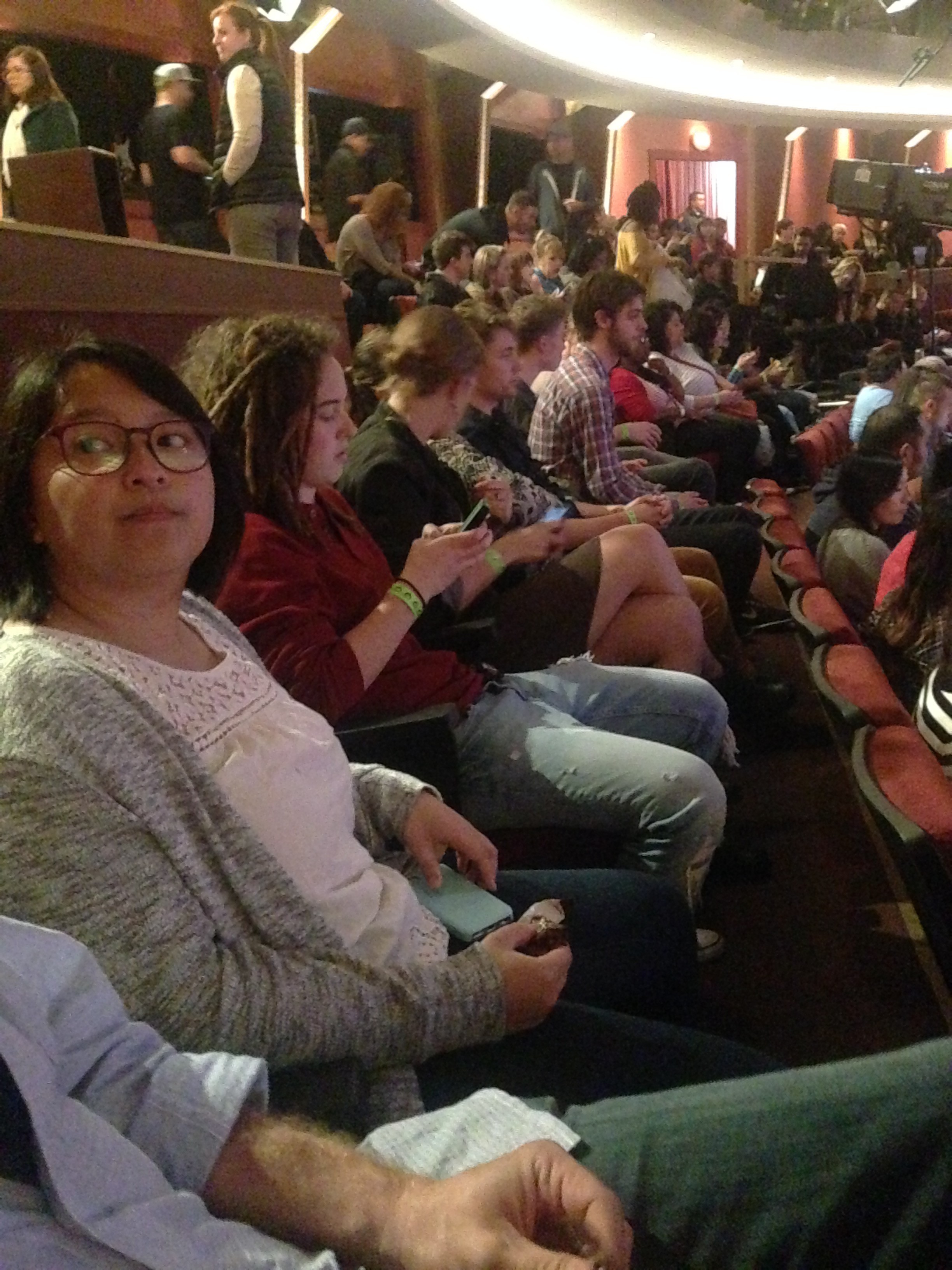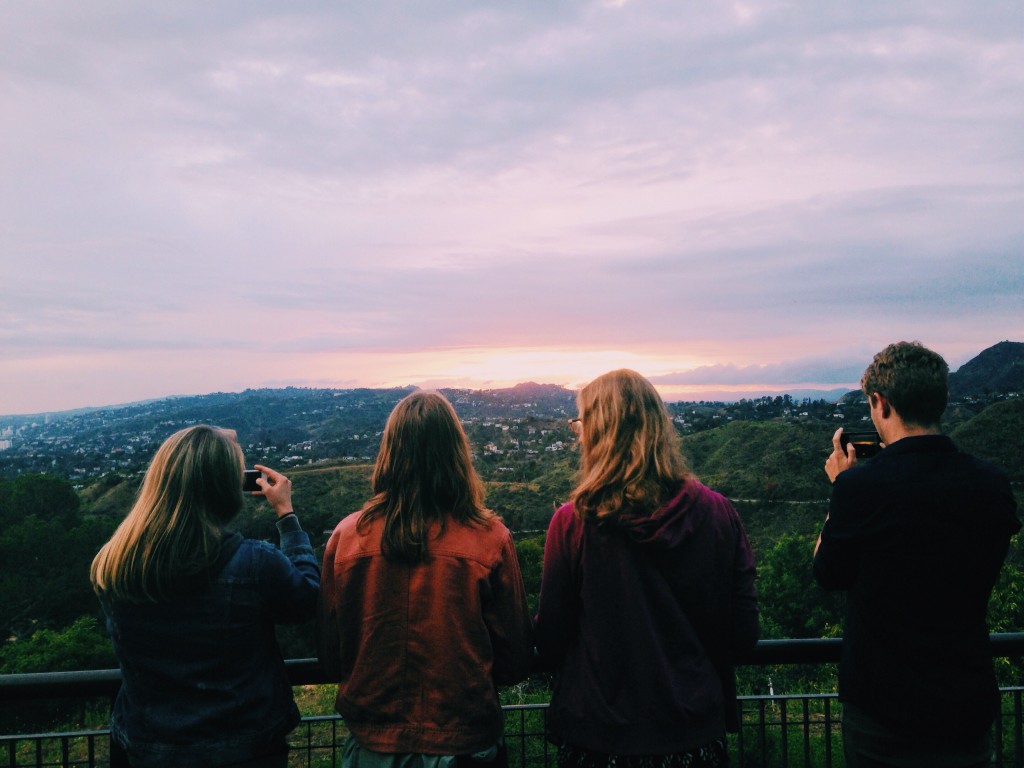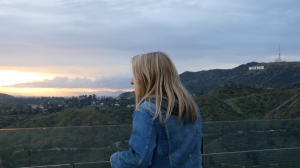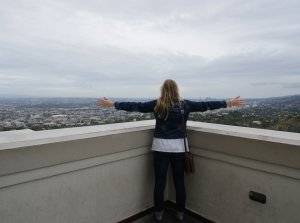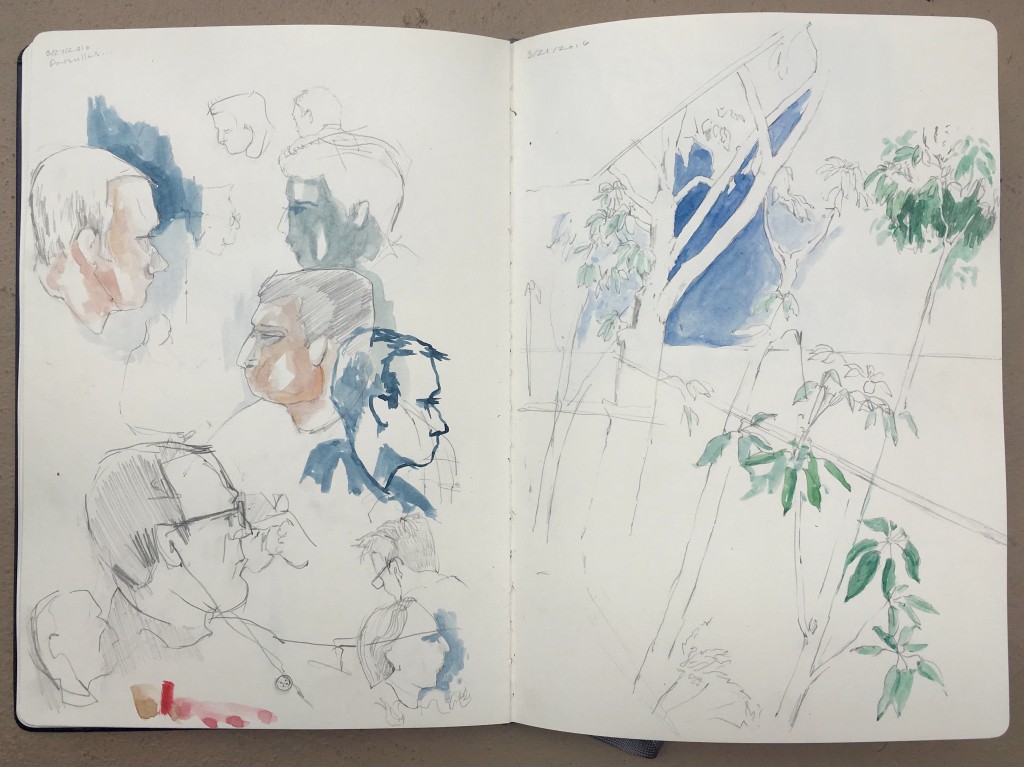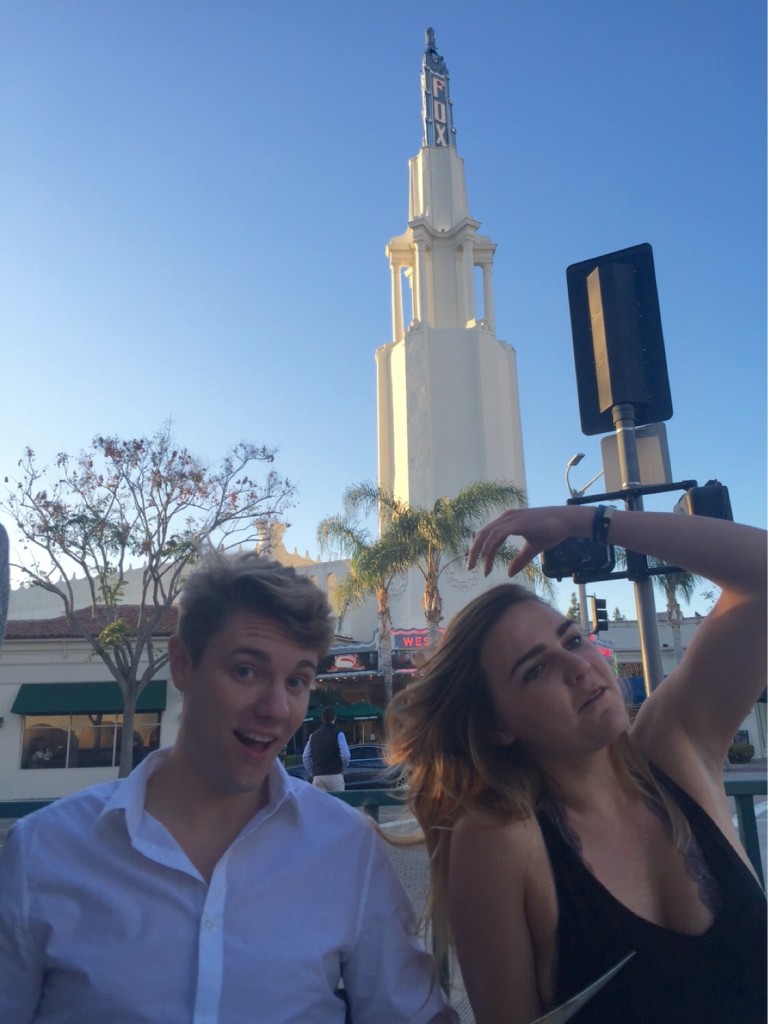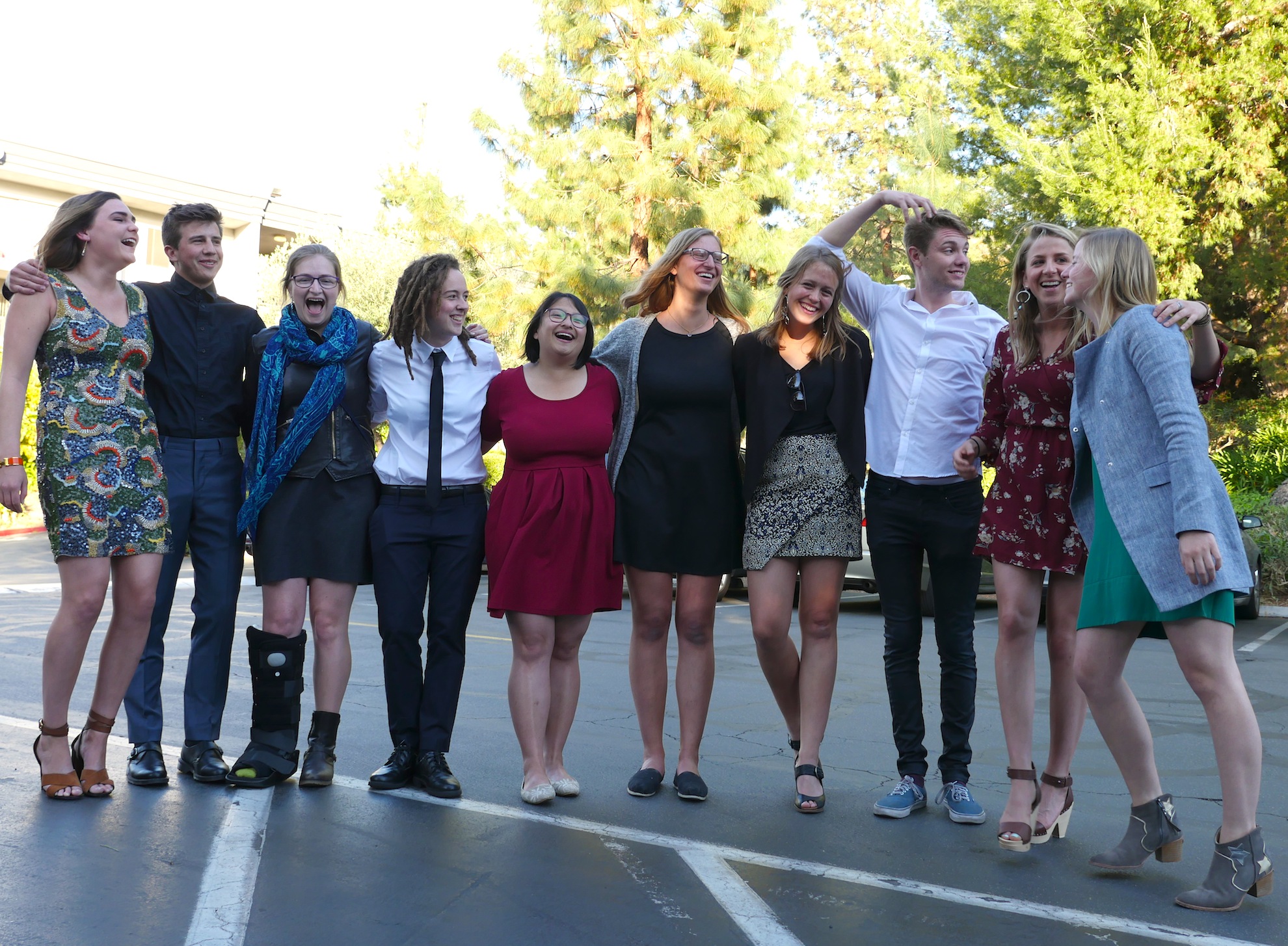Today, we had the honor of meeting the west coast editor of Vanity Fair, Krista Smith. She was extremely personable, intelligent and very transparent with us about the obstacles she believes we will face as millennials entering the workforce.
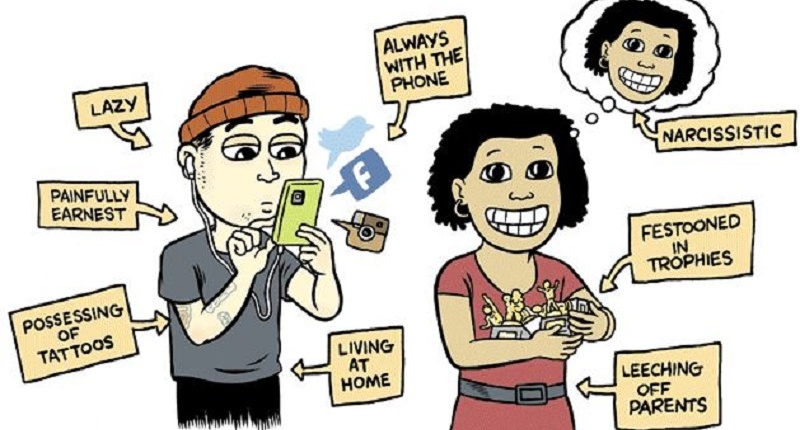
She talked about the common perception of millennials as entitled, whiny and lazy, and how we can counteract that perception by minding our manners, showing gratitude and working hard. Of course, this reminder to treat people with respect was simply a reiteration of what we’re always hearing from our gracious professors, Dylan and Clay. Looking around my room of peers, I saw no one who fit the millennial stereotype, a humbling reminder that my friends in Film and Media Studies at CC are and will continue to be some of my greatest role models.

Krista also talked about the media we consume, asking us about the weight of “click bait” versus long-form journalism. Our generation’s reputation tells us we’re obsessed with instant gratification, unwilling to consume media that will require any sustained thought. We are uninformed, mindlessly scrolling through the countless headlines that comprise our news feeds. To an extent, this is true; I do find myself mindlessly scrolling through my news feed sometimes, in an effort to sift out what is worth versus not worth spending time on. And yet, I don’t quite buy that we want instant gratification. I don’t want to read three sentences summarizing the world’s news and call it good.
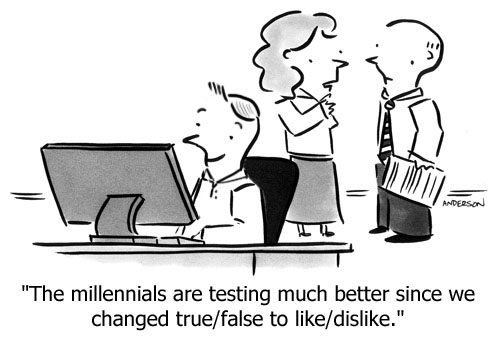
What we actually want, I believe, is connection. We want to feel connected to the people in our lives, informed about what the people around us know, and invested in current events. I believe we actually would like to read articles and watch videos that explore issues in depth. In fact, I believe that the reason we click so quickly from story to story is because we want to stay informed. It’s nearly impossible to know what’s worth reading, when choosing–not between the day’s newspaper headlines–but between the hundreds upon hundreds of articles released each day on (probably at least) four social media channels! Why the appeal of click bait then? Why are we willing to spend the full 3 minutes and 52 seconds watching some bad lip reading mocking the presidential campaign rather than reading about the presidential campaign? We watch videos with millions of views because we want to understand the cultural references being made by the people around us. It’s as simple as that.
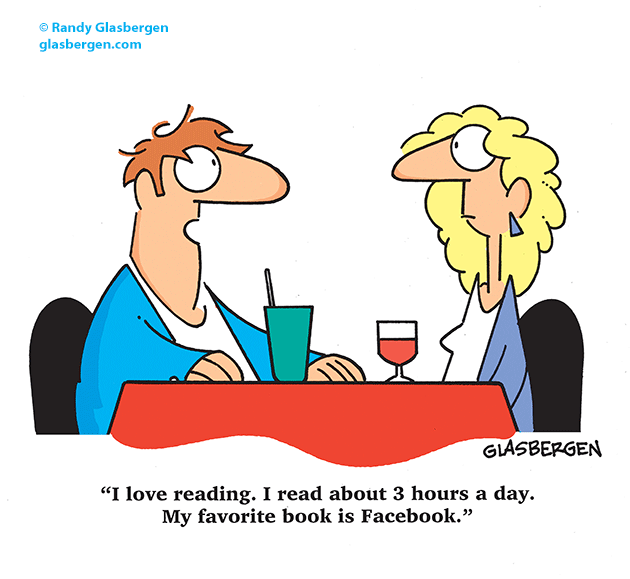
I’m a sucker for old-school journalism, and our meeting with Krista Smith reminded me of how much I love the art form of weaving a great interview into a great story. In print. On a page. As our forms of communication evolve, as visual media continues to rise and take precedent in our clicks, I retain confidence that written words will remain. What people in Hollywood, young and old, have in common, is a love for good stories. Now, with a plethora of accessible resources through which to communicate our stories, the battle is not between old and new, but between this and those-other-five-hundred-things-I-could-be-reading. If a good story belongs in print, I believe its value is as high as it ever was, if not higher. The challenge faced by a naive millennial entering the workforce as a story-teller, then, is to figure out how to distinguish a good story from the rest.
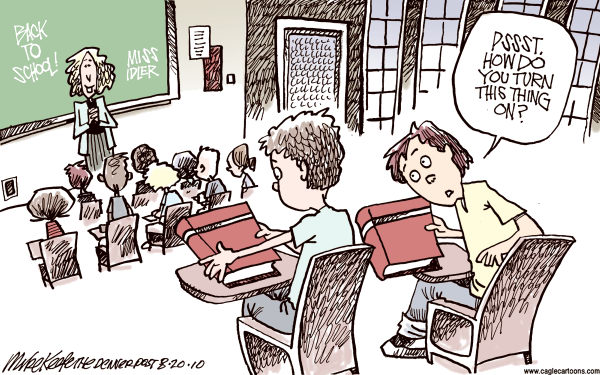
In other news, check out highlights from tonight’s Conan O’Brien. We were lucky enough to be in the audience. See if you can spot special appearances from Georgia and Caitlin!
